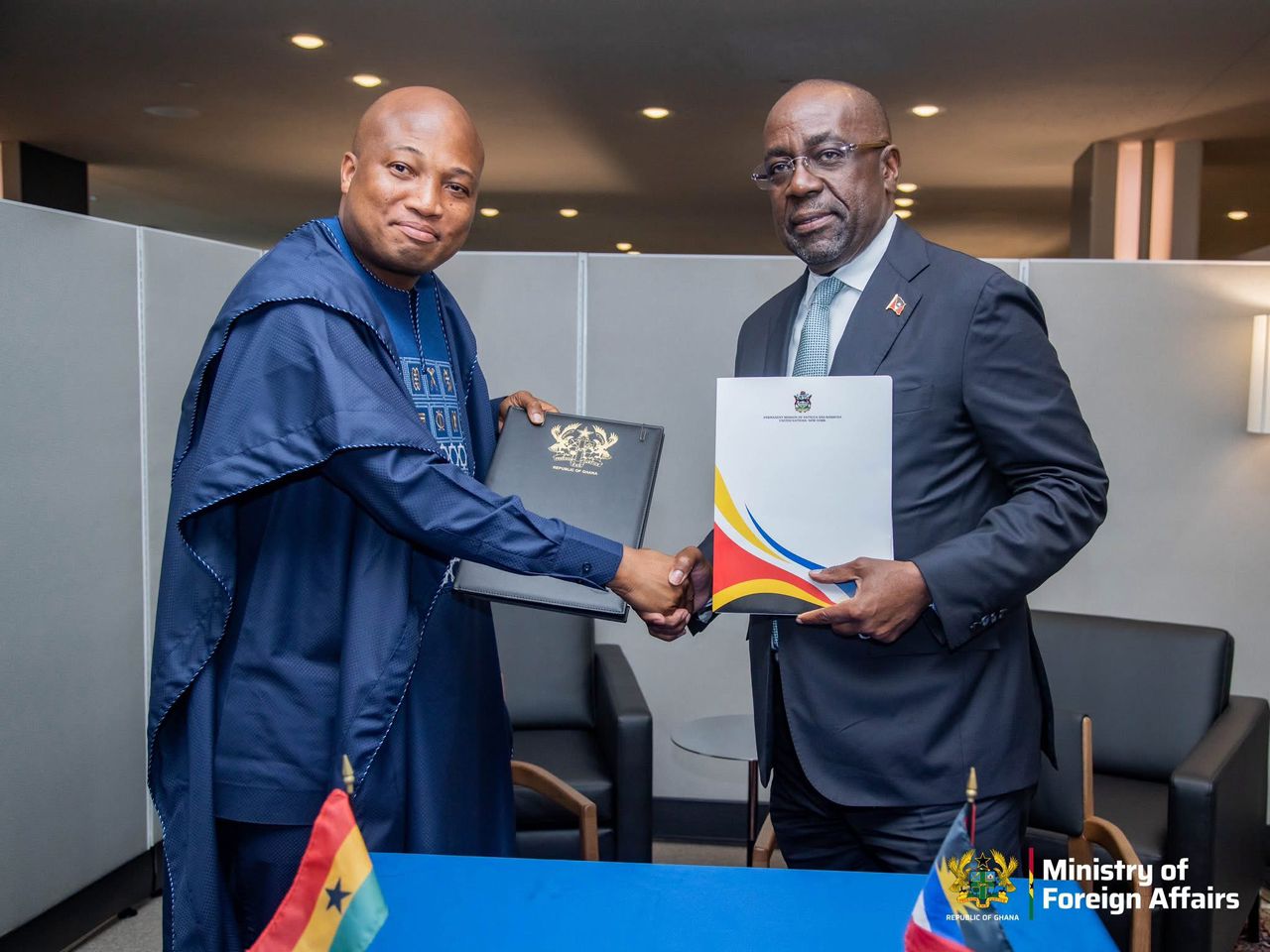
By Elizabeth PUNSU, Kumasi
The Ghana Union of Traders Association (GUTA) Ashanti Region branch has made a strong appeal for government to take a firm stand on retail trading laws, warning that the country’s markets risk being overrun by foreigners if decisive action is not taken.
According to the Association, Ghana Investment Promotion Centre (GIPC) Act 865 explicitly reserves petty-trading and retailing activities for Ghanaians.
Yet despite this provision, foreigners continue to engage in these activities openly – undermining local traders and threatening the survival of small businesses.
“For over 20 years we have been calling on successive governments to enforce the laws on retail trade, but our concerns have not been addressed. Government must be bold, act decisively and ensure the law is applied to the letter,” GUTA said.
GUTA argued that while Economic Community of West Africa States (ECOWAS) protocol promotes regional trade, it does not permit foreigners to import cheap goods from Asia and retail them in the country. Instead, the Association insists foreign investors should channel resources into large-scale ventures such as factories, manufacturing plants and supermarket chains that create jobs and pay taxes.
The Association noted that foreigners have taken over entire segments of the market, hawking goods such as wax print, utensils and electrical appliances.
In some cases, foreign traders even go door-to-door offering items on credit – a practice GUTA says is unfair and harmful to local businesses. Many of these traders, it added, have no permanent business addresses, do not pay taxes and employ very few locals under poor conditions.
In an interview with the B&FT, Ashanti Regional Chairman-GUTA Anthony Oppong expressed alarm at the dominance of foreign traders in the country’s import sector. He estimates that foreigners currently control about 80 percent of imports, leaving locals with only 20 percent.
Mr. Oppong warned that most of the profits made by foreign traders are repatriated abroad, a practice that puts immense pressure on the cedi and worsens the country’s foreign exchange challenges.
“Because they import cheaply and sell at high profit margins, they are not affected when the exchange rate rises. Meanwhile, the local trader suffers. This is unsustainable. What we need are factories and plants that process cocoa, timber, cassava and other resources for export. That is what will bring jobs and strengthen the economy – not foreigners retailing goods from containers and storefronts,” he stressed.
Mr. Oppong proposed that government consider stricter measures to control foreign traders, including a policy requiring foreign importers to deposit funds with the Bank of Ghana equivalent to the value of their imports. This, it believes, will help reduce pressure on the forex market and stabilise the cedi.
Reiterating its call, GUTA stressed that government’s credibility is on the line.
“Retailing is thousands of Ghanaians’ livelihood. It is time for government to be firm in its stance. Protect the law. Protect your people. That is the only way to safeguard the future of Ghanaian traders,” he asserted.
Early this month, the Abbosey Okai chapter of GUTA closed several retail shops belonging to foreign traders – igniting the call for government to take a firm stance on the matter.
Mr. Oppong further indicated that if nothing is done about it, foreign traders in markets within the region will suffer the same fate in coming days.
The post GUTA urges gov’t to be firm on retail trade laws appeared first on The Business & Financial Times.
Read Full Story













Facebook
Twitter
Pinterest
Instagram
Google+
YouTube
LinkedIn
RSS